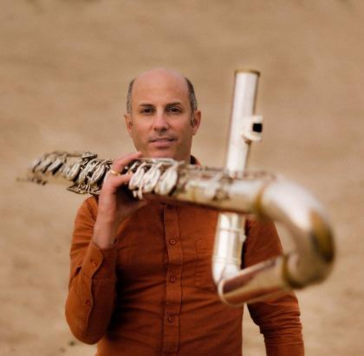As educational institutions, conservatoires remain largely unresearched and, crucially, relatively unchallenged. In particular, research has paid little attention to in-depth studies of culture, so that not enough is known of the cultural practices that characterise and shape a conservatoire education. This article addresses this gap through seeking to understand the constructed nature of the ‘learning cultures’ - the cultural practices through which students learn - of a UK conservatoire. Working within an ethnographically-informed case study, multiple qualitative methods were employed to collect in-depth data. Key findings from a four-phased analysis procedure reveal that the conservatoire’s learning cultures are constructed across four intertwined features: (1) learning cultures of performing specialism, (2) learning cultures of social networking, (3) learning cultures of musical hierarchiesand (4) learning cultures of vocational position taking. Implications of the study are discussed, and recommendations made for the introduction of creative and reflective spaces for learning in the conservatoires of the future.
LINK
Yo! Opera asked the Lectorate Lifelong Learning in Music to evaluate the project The Operaflat, which was part of the fourth edition of the Yo! Opera Festival in Utrecht, in 2007. During the project primary school pupils of the public primary school ‘Openbare Basisschool Overvecht’, residents of the ‘Operaflat’, vocal and composition students of a number of Dutch conservatoires and their teachers met during the performance of 25 mini operas that lasted one minute.Purpose of the research of the lectorate was monitoring and evaluating the dialogue between students and teachers of conservatoires on the one hand and the cooperation with a professional organisation (Yo! Opera) on the other hand.
DOCUMENT

Students in Higher Music Education (HME) are not facilitated to develop both their artistic and academic musical competences. Conservatoires (professional education, or ‘HBO’) traditionally foster the development of musical craftsmanship, while university musicology departments (academic education, or ‘WO’) promote broader perspectives on music’s place in society. All the while, music professionals are increasingly required to combine musical and scholarly knowledge. Indeed, musicianship is more than performance, and musicology more than reflection—a robust musical practice requires people who are versed in both domains. It’s time our education mirrors this blended profession. This proposal entails collaborative projects between a conservatory and a university in two cities where musical performance and musicology equally thrive: Amsterdam (Conservatory and University of Amsterdam) and Utrecht (HKU Utrechts Conservatorium and Utrecht University). Each project will pilot a joint program of study, combining existing modules with newly developed ones. The feasibility of joint degrees will be explored: a combined bachelor’s degree in Amsterdam; and a combined master’s degree in Utrecht. The full innovation process will be translated to a transferable infrastructural model. For 125 students it will fuse praxis-based musical knowledge and skills, practice-led research and academic training. Beyond this, the partners will also use the Comenius funds as a springboard for collaboration between the two cities to enrich their respective BA and MA programs. In the end, the programme will diversify the educational possibilities for students of music in the Netherlands, and thereby increase their professional opportunities in today’s job market.
